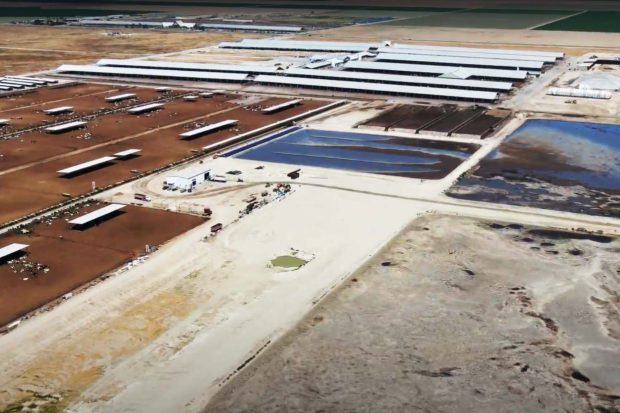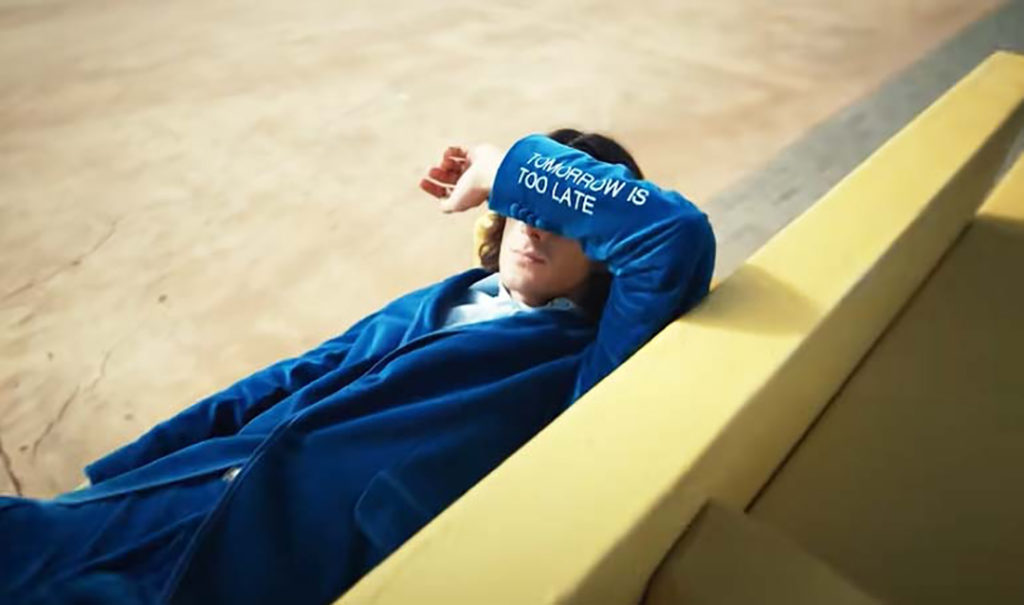

Greenland’s glaciers are melting faster than the icy walls of the Fresno County Transportation Authority, but a large fissure cracked open in early November. The breach came when Measure C Renewal Committee co-chair Lynne Ashbeck summed up the motion to add five community advocates to the renewal steering committee:
“So it might actually add two seats. If Geri’s able to join, we’d have, she would actually be another seat, frankly. So, I guess we should be clear about that, but again, what’s one more?”
The rest of the committee agreed and, with the exception of Fresno County Farm Bureau President Ryan Jacobsen, all voted to add these five people brought forward by a coalition of community-based organizations: Nayamin Martinez, Central California Environmental Justice Network; Leticia Valencia, Faith in the Valley; Sandra Celedon, Fresno Building Healthy Communities; Veronica Garibay, Leadership Counsel for Justice and Accountability; and Geri Yang, Wells Fargo.
Leadership Counsel for Justice and Accountability has led the effort, first advocating for inclusion on the committee back in 2019 when its first iteration was being selected in private by staff, consultants and a few politicians—nobody really knows who for sure did the picking—and never letting up once the group began meeting in February 2021.
As Celedon argued in the Fresno Bee on Oct. 7, “Authentic, inclusive engagement is critically important because of the enormity of Measure C’s potential impacts, both good and bad.”
That same month, the coalition’s efforts yielded additional seats for youth, education and accessibility advocates: Cinthya Arriaga, Youth Leadership Institute; Sarah Harris, Resources for Independence; and Dr. Aly Tawfik, Fresno State Transportation Institute.
The committee is still flawed, with two seats each for trucking, agriculture, building trades, general business and Clovis, and staff and consultants are failing miserably at community engagement, even by pandemic standards. But with the frozen process now cracked open, hope for the future is alive.
Tower District Diesel
Why is Producers Dairy being allowed to profit from manure-to-electricity for luxury vehicles and not being first made to clean up its toxic truck fleet operating in the heart of Fresno? Well, money, obviously. Political malfeasance, yes, of course, from City Hall to the Capitol.
But the driving factor is a carmaker seeking to reskin its climate-altering image, BMW, and a regulatory agency desperate for partners willing to play an accounting game with greenhouse gases, the California Air Resources Board. Joining them in their bubbling jacuzzi of climate deception, anaerobic digestion and disaster capitalism are Bloom Energy and California Bioenergy, the false techno-saviors.
“You’ve got a higher power,” Coldplay coos in the BMW ad “The Power of Action” in which insouciant youths, apparently unmotivated to think about climate change, lounge about on a coastal boardwalk with sheets of paper tacked onto their t-shirts bearing feeble slogans: “There Is No Planet B,” “Tomorrow Is Too Late,” “Shape Your Future” and “Make Earth Cool Again.”
The more appropriate translation for Bayerische Motoren Werke around here is now Bovine Methane Wells, the pollution from which will directly harm Brown migrant workers living near these new sources of dirty cash. Because that’s what’s causing this mess, cash, and lots of it, all created by the state’s Low Carbon Fuel Standard (LCFS) program. The methane, sold as compressed natural gas, theoretically displaces diesel fuel, but in practice serves to extend reliance on the deadly fossil fuel.
As a result, the pollution credit market is sizzling hot. A single cow can earn a dairy up to $3,000 per year from the sale of its methane, according to trade journal Hoard’s Dairyman, which is more than its milk is worth. It’s so profitable because the dairies treat the easy half of their pollution problem; the county and state ignore their massive cornfields irrigated with manure water, the stalls, other lagoons and burp-inducing feed. Those are expensive sources to treat, so they don’t.
Older Fresnans remember the Producers’ ad jingle and its invitation to come on out to “see just how” their milk was made. I don’t advise it. That dairy is gone, relocated across the street to a modern monstrosity of industrial milk production where the herd of 10,000 head was doubled to 20,000 in 2018, perfectly positioning them to produce more methane to capture more state cash. County approval came without environmental review.
But by doubling the herd while treating only half the problem, there is no reduction in greenhouse gases (GHGs). However, there are twice as many pollutants released into the air and water. From the hauling of milk to the spreading of manure over vast areas, dairies are diesel and pesticide-intensive operations. Their groundwater impacts are notoriously hazardous due to high nitrate levels. Nothing in the LCFS program addresses these impacts.
Tower District residents close to the Belmont Avenue processing plant know the air pollution impacts all too well. Plans to demolish the old Zacky Farms there and expand operations should be regarded as highly suspect. Producers avoided review of its rural methane energy factory by hiding its complete plans; first getting approval to double its herd and two years later to add the energy plant. Their volume of business is increasing, and the Tower District location has freeway and rail access, though the current road infrastructure is grossly inadequate.
Money, as always, is the problem, and a solution has emerged: less of it. A petition to disqualify dairy digesters from the LCFS program was filed by the Leadership Counsel in late October. Co-director Phoebe Seaton stated, “California’s climate programs should be incentivizing real solutions, not throwing millions at pollution pits that hurt lower-income communities of color in the San Joaquin Valley and similar places throughout the country.”
*****
